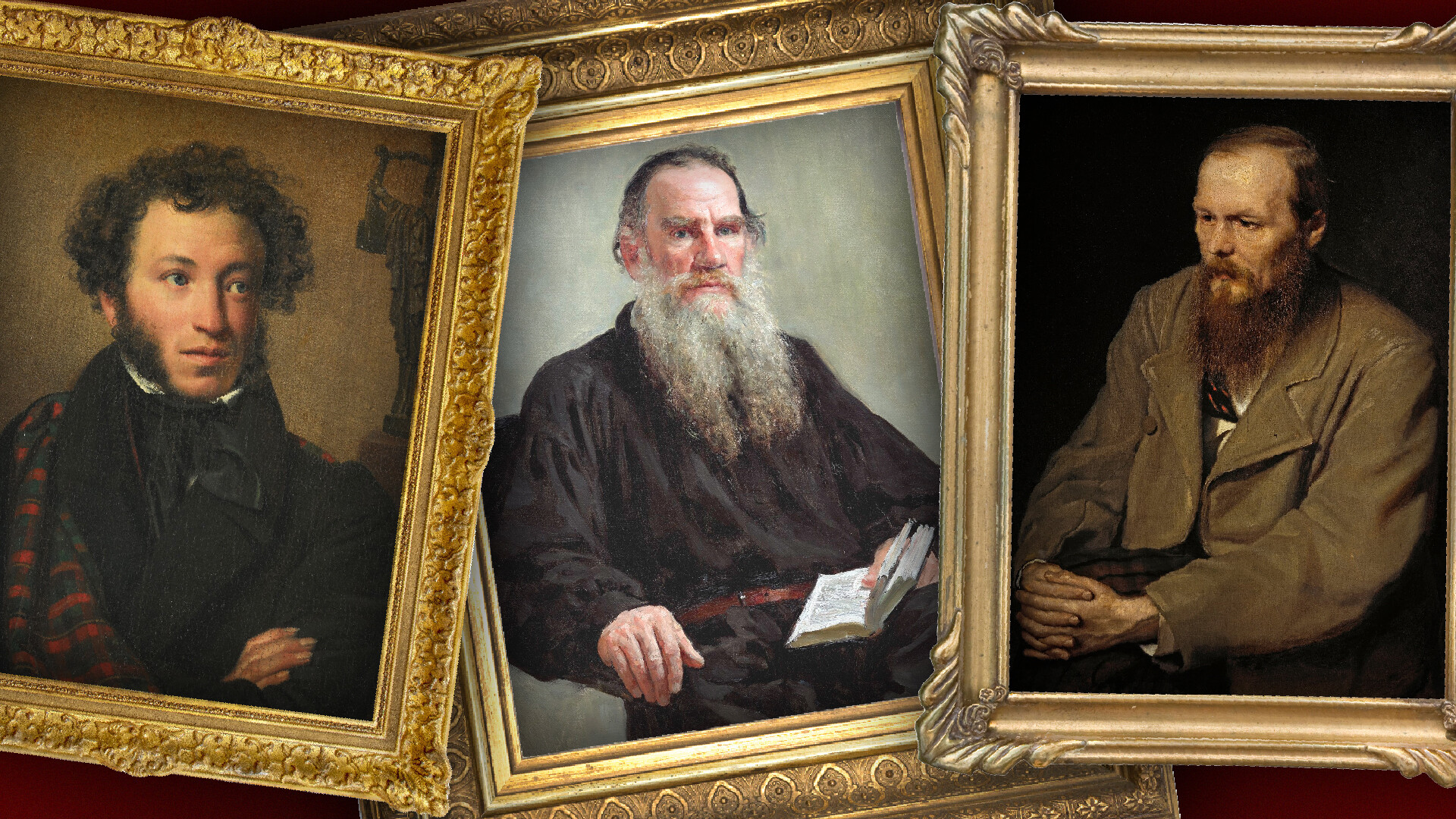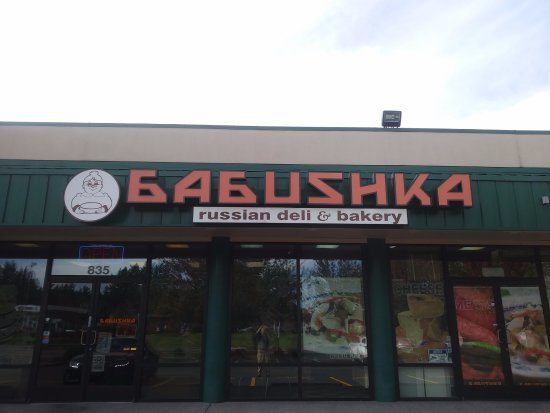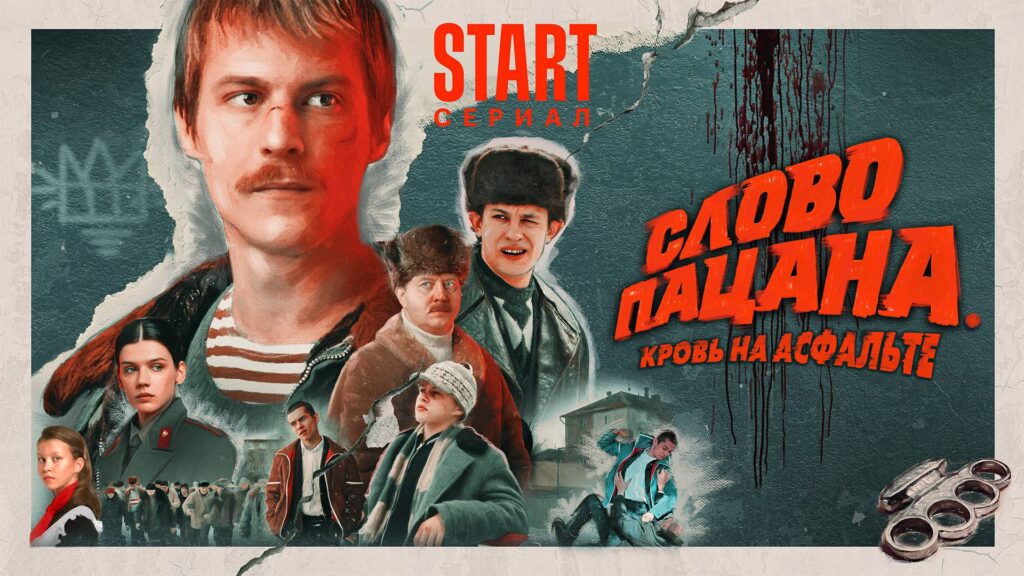
https://www.rbth.com/arts/336313-greatest-russian-writers
When living in a foreign country, it’s always nice to find little pieces of home around one’s new location. Whether it’s a little local grocery store, which sells authentic products, a new film in the cinema which has been translated into English, a literary work from one’s home country being studied in class, or even something as small as another person who speaks the language. Such things aren’t always available to students of all nationalities, as some cultures may be smaller than others, their products may not be as in demand as others, and that isn’t always fair. However it is just simply painful, watching the existing little bits of your culture in foreign countries destroyed because of the current situation.

When the war broke out in February of 2022, the signs of people going “anti-Russia” appeared fast and strong, starting with russian groceries being removed from the shelves of small local shops, to Russian authors, who have been studied as classics for decades, eliminated from school programmes. While an economic boycott, in order to protest the war, is an understandable and useful response, a cultural boycott doesn’t only seem unnecessary, but perhaps damaging. While the Russian government is taking horrible actions for an even more horrible cause, they do not represent the normal civilians, nor the artists of that country. Especially not those who had passed decades and centuries earlier. The elimination of authors such as Dostoevskiy, Gogol, Chekhov, and others from educational programmes highlights that some countries simply took rash, unthought out decisions in order to show their disapproval of Russia’s invasion on Ukraine. Removing businesses, alliances and manufacturing from the invader’s country is a response that complicates the life of the Russian government, however the removal of Russian classics from the curriculum only robs foreign students from reading some of the world’s greatest works of literature.

Some share the assumption that Russia is a pro-war nation. While of course, as there are in any conflict, certain people who benefit from it, the majority of Russians are actively against the invasion of their neighbouring country. The outside world isn’t the limit of forbidding certain ideologies of pre-war Russia. Multiple authors, filmmakers, actors, and other individuals with fame-giving professions, who publicly declared their negative opinions on the war have been forced to leave the country, and have their names erased from their works. That is, from the works that are still legally allowed to be published. People buy out tickets for controversial (in the government’s opinion) theatre production within days, because they know that the plays will not be allowed to keep showing for a long time. Same with new shows and films, such as Kryzhovnikov’s new series “A Boy’s Word: Blood on the Asphalt” which depicts the reality of street gangs in the ‘70-‘90s Russia. The producers had to reshoot the last episode, as it was claimed to romanticise violence within the country. The show is not available for viewing in non-russian speaking countries.
It is difficult to draw the line between protesting the horrible events that are occurring in Russia and Ukraine, and completely banning all Russian products (cultural or physical) in the outside world. And it is especially difficult for students who chose, or were forced to leave their countries in order to avoid the conflict, to witness the death of their cultures, which used to be praised outside of their home.